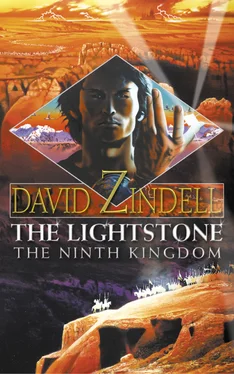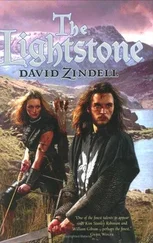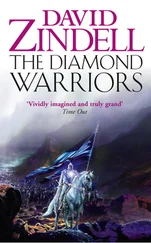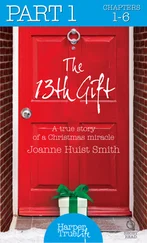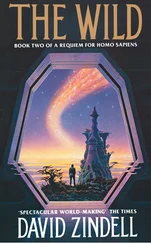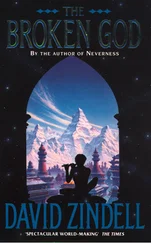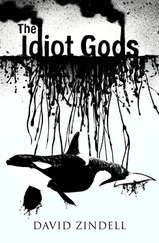Part One: The Ninth Kingdom
Book One of the Ea Cycle
HarperVoyager An imprint of HarperCollins Publishers Ltd. 1 London Bridge Street London SE1 9GF
www.harpercollins.co.uk
First published by HarperVoyager 2001
Copyright © David Zindell 2001
The Author asserts the moral right to be identified as the author of this work
All rights reserved under International and Pan-American Copyright Conventions. By payment of the required fees, you have been granted the nonexclusive, nontransferable right to access and read the text of this ebook on screen. No part of this text may be reproduced, transmitted, downloaded, decompiled, reverse engineered, or stored in or introduced into any information storage and retrieval system, in any form or by any means, whether electronic or mechanical, now known or hereinafter invented, without the express written permission of HarperCollins ebooks.
HarperCollins Publishers has made every reasonable effort to ensure that any picture content and written content in this ebook has been included or removed in accordance with the contractual and technological constraints in operation at the time of publication.
Source ISBN: 9780006486206
Ebook Edition © AUGUST 2016 ISBN 9780007396597
Version: 2018-05-21
For Justine and Jillian
Cover
Title Page
Copyright
Dedication
Map
1
2
3
4
5
6
7
8
9
10
11
12
13
14
15
16
17
18
19
20
21
22
23
24
25
26
27
28
Appendices
Heraldry
The Gelstei
The Greater Gelstei
Books Of the Saganom Elu
The Ages Of Ea
The Months of the Year
Acknowledgments
About the Author
Other Works
About the Publisher
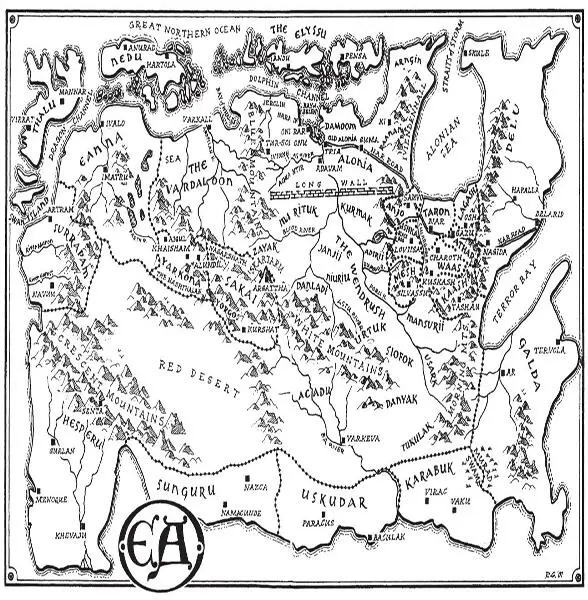
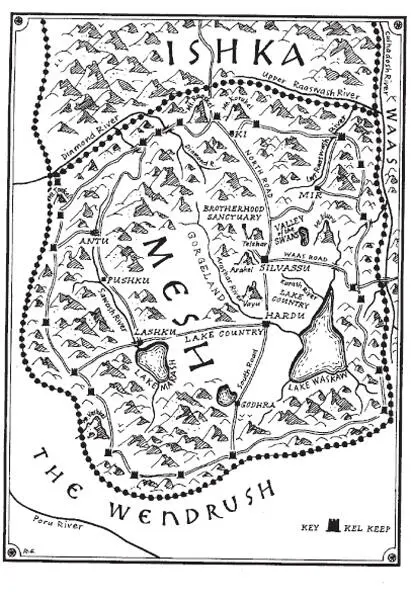
On clear winter nights, I have stood on mountains just to be closer to the stars. Some say that these shimmering lights are the souls of warriors who have died in battle; some say that at the beginning of time, Arwe himself cast an infinite number of diamonds into the sky to shine forever and defeat the darkness of night. But I believe the stars are other suns like our own. They speak along the blood in fiery whisperings of ancient dreams and promises unfulfilled. From there long ago our people came to earth bearing the cup called the Lightstone; to there we would someday return as angels holding light in our hands.
My grandfather believed this, too. It was he who taught me the stories of the Great Bear, the Dragon, the Seven Sisters and the other constellations. It was he who named me after the bright Morning Star, Valashu. He always said that we were born to shine. A Valari warrior, he once told me, should polish first his soul and then his sword. For only then can he see his fate and accept it. Or fight against it if he is one of the few men marked out to make their own fate. Such a man is a glory and gift to the earth. Such a man was my grandfather. But the Ishkans killed him all the same.
Elkasar Elahad would have found it a strange fate indeed that on the same day King Kiritan’s messengers came from Alonia to announce a great quest for the Lightstone, a whole company of knights and nobles from Ishka rode into my father’s castle to negotiate for peace or call for war. It was the first of Ashte in the 2,812th year in that span of centuries that the historians had named the Age of the Dragon. In the warmth of one of the loveliest springs that anyone could remember, with the snows melting from the mountains and wildflowers everywhere abloom, the forests surrounding Silvassu teemed with boar and deer and other animals that might be killed for food. My father’s steward, upon counting the castle’s guests that day, grumbled that the kitchens would require much food if any feast were to be made. And so my brothers and I, along with other knights, were called to go out and hunt for it. After all, even the murderers of a king must eat.
Just after noon I rode down from the hills upon which our ancient city is built with my eldest brother, Lord Asaru. My friend, Maram, and one of my brother’s squires rode with us as well. We were a small hunting party, perhaps the smallest of the many to fill the woods that day. I was glad for such company, for I cared nothing for the sport of hounds yelping and men on snorting horses running down a fear-maddened pig. As for Asaru, he was like our father, King Shamesh: stern, serious and focused on his objective with an astonishing clarity of purpose. His soul had not only been polished but sharpened until it cut like the finest Godhran steel. He had said that we would take a deer, and for that we needed small numbers and stealth. Maram, who would have preferred the pageantry of hunting with the other knights, followed him anyway. In truth, he followed me. As he liked to say, he would never desert his best friend. As he didn’t like to say, he was a coward who had once seen what the razor-like tusks of a boar could do to a man’s groin. It was much safer to hunt a deer.
It was a warm day, and the air smelled of freshly turned earth and lilac blossoms. Every quarter of a mile or so, a stout farmhouse stood out among fields demarcated by lines of low stone walls. There was new barley in the ground, and the golden sun in the sky. As we passed farther into the Valley of the Swans, the farmland gave out onto miles of unbroken forest. At the edge of a field, where the ancient oaks rose up like a wall of green, we drew up and dismounted. Asaru handed the reins of his horse to his young squire, Joshu Kadar, who had the square face and stolid temperament of his father, Lord Kadar. Joshu didn’t like being left to tend the horses, and watched impatiently as Asaru drew out his great yew bow and strung it. For a moment I was tempted to give him my bow and let him hunt the deer while I waited in the sun. I hated hunting almost as much as I did war.
And then Asaru, tall and imperious in his flowing black cloak, handed me my bow and pointed at the forest. He said, ‘Why these woods, Val?’
‘Why not?’ I countered. Asaru, knowing how I felt about slaughtering innocent animals, had given me my choice of where to hunt that day. Although he had remained silent during our ride down from the castle, he must have known where I was leading him. ‘You know why,’ I said more gently, looking at him.
And he looked at me, fearless as all Valari would hope to be. His eyes were those of the Valari kings: deep and mysterious, as black as space and as bright as stars. He had the bold face bones and long hawk’s nose of our ancient line. His skin, burnt brown in the hot spring sun, was like weathered ivory, and he had a great shock of glossy black hair, long and thick and blowing wild in the wind. Although he was very much a man of blood and steel and other elements of the earth, there was something otherworldly about him, too. My father said that we looked enough alike to be twins. But of the seven sons of Shavashar Elahad, he was the firstborn and I was the last. And that made all the difference in the world.
Читать дальше
